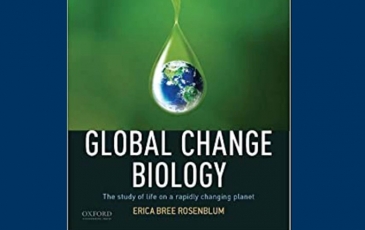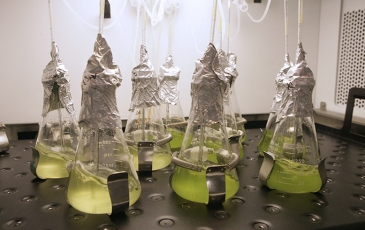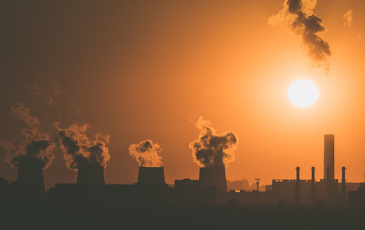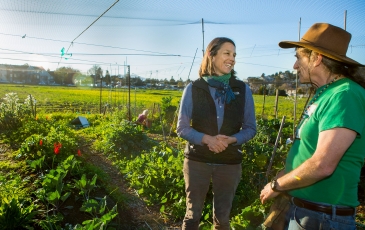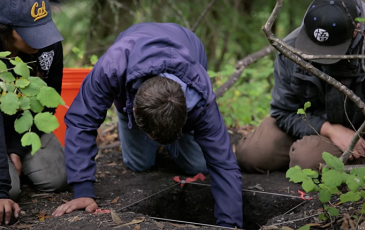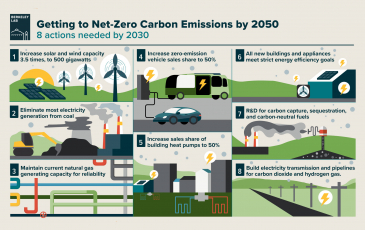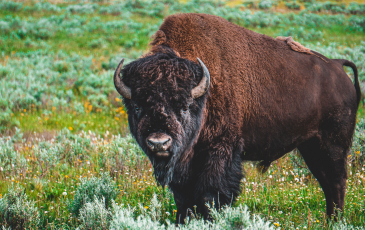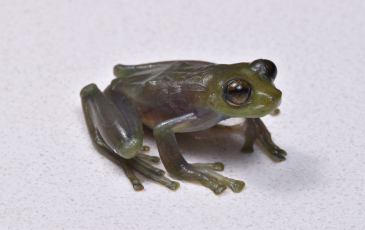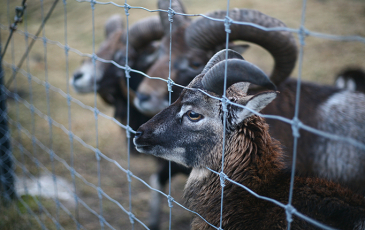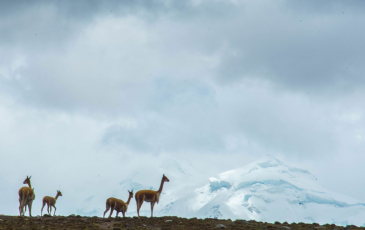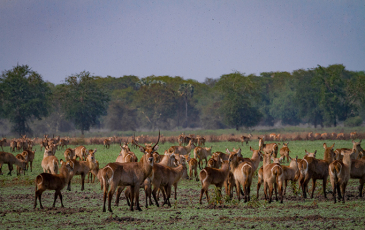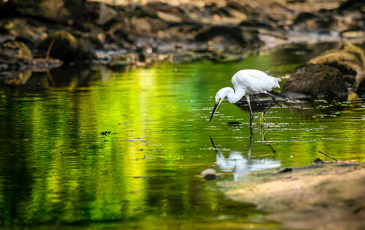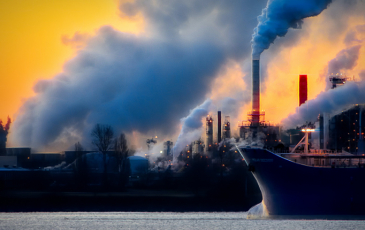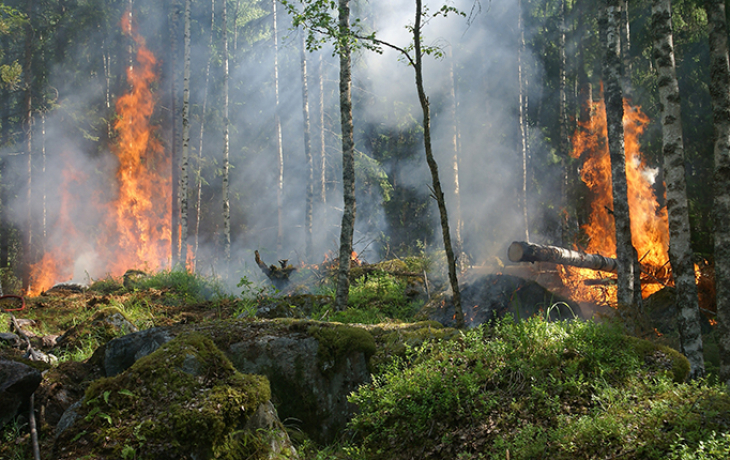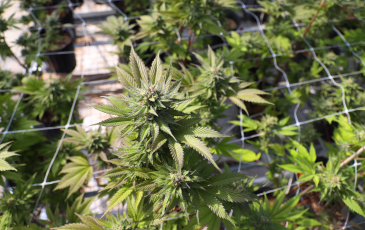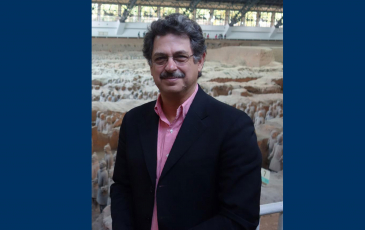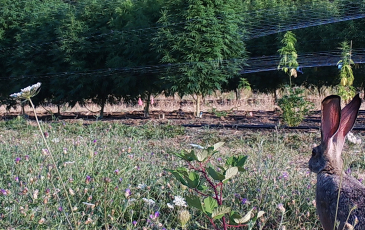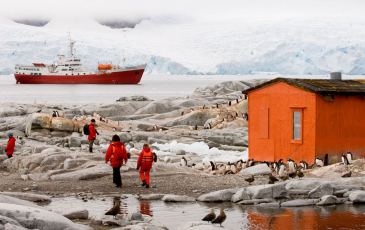Associate professor Erica Bree Rosenblum’s new book uses innovative pedagogy and centers on student experience.
Green algae reveal one mRNA encodes many proteins
In a new study, researchers in professor Sabeeha Merchant's lab outline a previously unknown similarity between bacteria and more complex forms of life.
Researchers provide "social cost of carbon" roadmap
In a commentary in the journal Nature, associate professor of energy and resources David Anthoff offers guidance to the Biden administration on climate change damages.
Food-safety guide outlines laws, best practices for urban farmers
Jennifer Sowerwine, a Cooperative Extension specialist in the Department of Environmental Science, Policy, and Management, is the publication's lead author.
Berkeley's cutting-edge advances in Indigenous archaeology
Assistant professor Peter Nelson discusses how Indigenous knowledge and technological advancements have changed the field.
Getting to Net Zero—and Even Net Negative—is Surprisingly Feasible, and Affordable
A new analysis co-authored by adjunct professor Margaret Torn provides a detailed blueprint for the U.S. to become carbon neutral by 2050.
Researchers propose conservation funding through National Park management
Researchers in the Department of Environmental Science, Policy & Management collaborated with the University of Wyoming on the study.
Near a waterfall’s roar, glass frogs wave hello to attract mates
ESPM PhD candidate Rebecca Brunner discovered a novel communication technique of an elusive amphibian.
New study reveals how fences hinder migratory wildlife in the West
Graduate student Wenjing Xu and assistant professor Arthur D. Middleton, both in the Department of Environmental Science, Policy, and Management, are coauthors of the study.
Op-Ed: conserving "more than twice the size of Texas"
In a New York Times piece out today, Arthur Middleton and Justin Brashares comment on how the Biden administration may reach the ambitious goal.
Camera traps document wildlife’s return to Gorongosa National Park
Researchers evaluate wildlife populations nearly three decades after the Mozambican Civil War.
Joseph Shapiro co-authors study on Clean Water Act revisions
Analysis finds that the EPA’s move to weaken federal protections is based upon dubious methodology and unsound logic.
An analysis of the Clean Air Act's societal benefits
Agricultural and Resource Economics associate professor Joseph Shapiro studies how regulations under the law could be strenghtened.
Public partnership announced on fire and forests
Berkeley and CAL FIRE formalize an agreement to collaborate on critical environmental research.
Hands on learning at home
Rausser College instructors have adapted creatively to engage students during remote learning.
Researchers receive grants from Bureau of Cannabis Control
The agency awarded $4.6 million to Berkeley, with most funding going to the Cannabis Research Center.
UC Berkeley receives grant to measure effects of Duchenne muscular dystrophy treatments
Nutritional Sciences & Toxicology professor William Evans studies methods to detect changes in total muscle mass.
Study explores impact of cannabis expansion on Western wildlife
Graduate Phoebe Parker-Shames was the lead author of a new study on the environmental impacts of cannabis farming.
Protect the Antarctic Peninsula — before it’s too late
Energy & Resources Group graduate student Váleri Vasquez collaborated on this article published in Nature.
Researchers discover link between microRNA and metabolic disorders
An international team led by Anders Näär has uncovered a crucial regulator of energy metabolism, impacting metabolic diseases such as obesity and type 2 diabetes.


